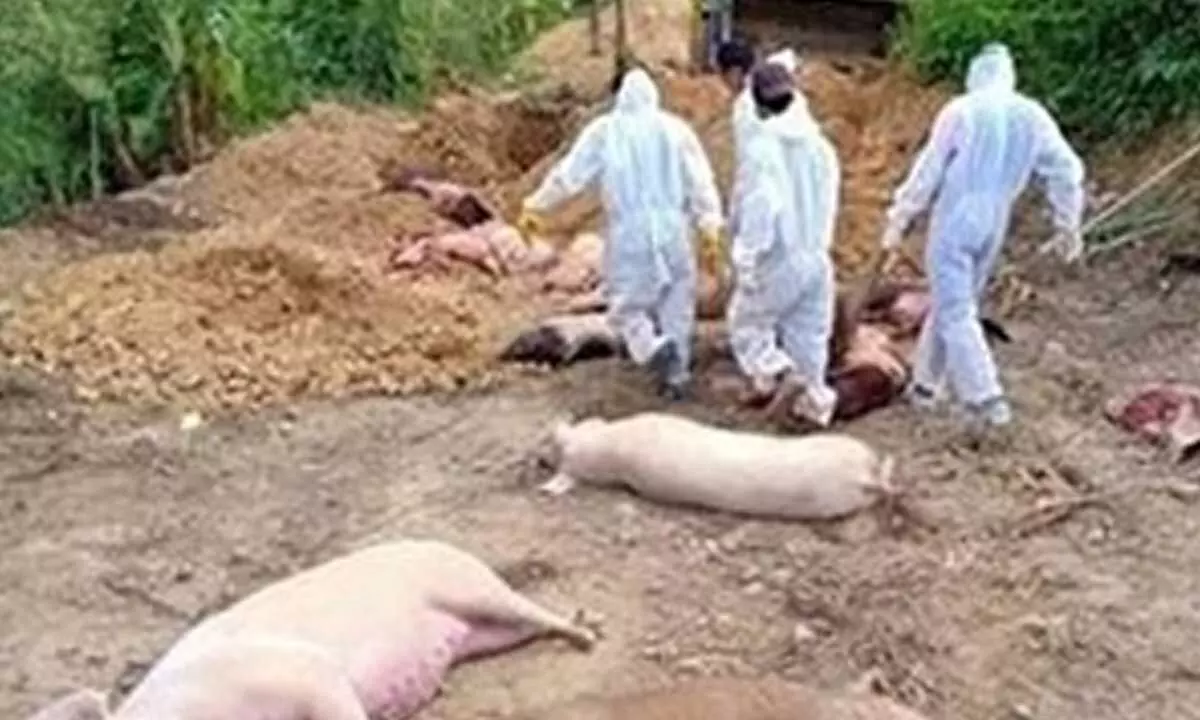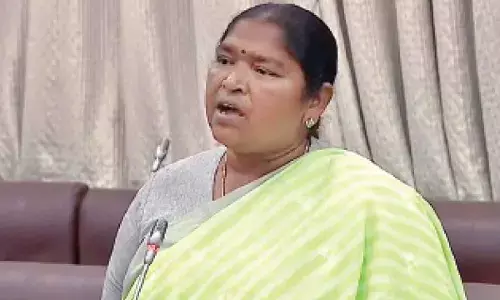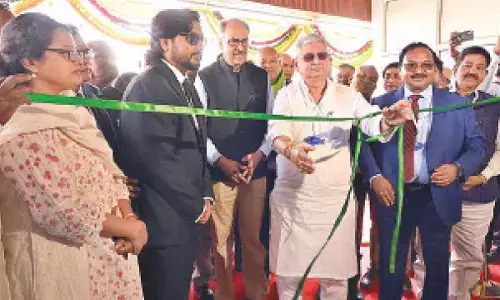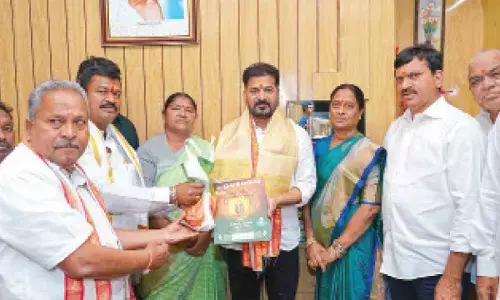African Swine Fever kills 1900 pigs in Mizoram badly affecting pork business
Share :

The African Swine Fever (ASF) remained unabated with around 1900 pigs so far killed in Mizoram since the outbreak of the contagious disease in April while the authorities culled 3415 pigs to prevent the spread of the virus, officials said on Wednesday.
Aizawl: The African Swine Fever (ASF) remained unabated with around 1900 pigs so far killed in Mizoram since the outbreak of the contagious disease in April while the authorities culled 3415 pigs to prevent the spread of the virus, officials said on Wednesday.
Officials and traders said that the ASF badly affected the pork business in the bordering state.
Officials in the Animal Husbandry and Veterinary (AHV) Department said that the department declared six districts -- Aizawl, Champhai, Lunglei, Saitual, Khawzawl and Serchhip -- as ASF-infested districts while the remaining five districts of the state are still considered more or less safe from the recurrence of the infectious disease.
However, the Kolasib district is also suspicious in view of the fast spreading of the contagious disease, a senior AHV Department official said.
The official said that under the Prevention and Control of Infectious and Contagious Disease in Animals Act, 2009, the department has declared various villages and localities in these six districts as infected areas following the outbreak of ASF in April.
With the fast spreading of the ASF, the department already barred the supply of pigs, piglets and pork from the infected areas.
The state government also banned the import of pigs and piglets from neighbouring states and countries where perpetual ASF infestations are being reported.
The official said that the surveillance teams of the AHV Department have been culling the pigs with lime powder in the designated areas and making aware of the people how to deal with the situation.
Animal Husbandry and Veterinary Minister C. Lalsawivunga recently held a meeting with the concerned officials and reviewed the situation in view of the outbreak of the ASF.
The Minister also appealed to all to adhere to the government's guidelines and directives to deal with the disease.
Mizoram was first hit by the ASF in 2021 and since then, reports of the outbreak of the disease have been reported almost every year during summer.
According to officials, the outbreak of ASF mostly occurs when the climate begins to warm up and pre-monsoon rains commence in the state.
Between 2021 and 2023, over 47,270 pigs and piglets died in Mizoram due to the ASF outbreak, while at least 25,182 pigs were culled during that period.
The government has so far provided compensation to 3,000 families for the loss of pigs due to the disease and the state government has approached the Centre for payment of compensation to additional families.
According to experts, the outbreak of ASF may have been caused by pigs or pork brought from neighbouring Myanmar, Bangladesh, and the adjoining states of the northeast.
Pork is one of the most common and popular meats consumed by both the tribals and non-tribals in the northeastern region.
With heavy demand for pork in the northeastern region, its annual business in the region is worth around Rs 8,000-Rs 10,000 crore, with Assam being the largest supplier.







